WHY NO ONE TALKS ABOUT HEARING LOSS…
WHY NO ONE TALKS ABOUT HEARING LOSS…

As an Audiologist, I am often dumbfounded by the fact that no one talks about hearing loss. Maybe it is because the people that need to be talking about it have hearing loss themselves and do not understand half of what is being said. Maybe it is because our primary care physicians are not talking about it, and believe me, hearing is very rarely brought up in a yearly check up by the physician. Maybe it is because there has been a stigma tied to hearing aids for decades. And the cost…let’s not even discuss the cost of hearing aids yet. We will save that for another time! Whatever the reason, I have started this monthly post so that we can discuss hearing loss and solutions that everyone can apply to improve their hearing.
What I want you to understand today, is that your hearing is important. We have our 5 senses, and if you ask me, hearing is second in line to sight. We depend on our hearing to communicate with our family, friends, doctors, cashiers at every store – almost every single interaction we have throughout the day relies on our ability to communicate with someone! Most importantly I want you to know that hearing loss is treatable, and the list of options are plentiful!
So here are a few facts about hearing loss that I hope will help you understand how important your hearing is to your overall health and well-being. It is a topic that should be discussed more freely with our loved ones and our physicians.
Hearing loss is one of the most common chronic health conditions that we face. About 40 million Americans have some degree of hearing loss, yet only 12% of those under the age of 69 use hearing aids. Hearing loss can be a symptom of some other disease or disorder, and it can also cause other diseases and disorders.
Research at Johns Hopkins from several years ago showed that untreated hearing loss increases the chances of dementia by up to 50%. This study also showed an increase of falls risk, high blood pressure, and cardiovascular disease. Other studies have shown increases in depression and anxiety if hearing loss is untreated.
More recent research has shown that hearing loss in midlife is the most consequential modifiable risk factor associated with dementia. Did you hear that? Let me repeat it… HEARING LOSS IS THE MOST CONSEQUENTIAL MODIFIABLE RISK FACTOR ASSOCIATED WITH DEMENTIA! A study showed that the risk of a dementia diagnosis within 3 years of hearing loss was 18% lower in those using hearing aids.
Here is the last statistic I’ll throw at you – it takes an average of 7-10 years from the first signs of hearing loss so someone to take the first step to purchase hearing aids. So, if your chances of a dementia diagnosis increase by 18% in 3 years from the first signs of hearing loss, what will 10 years do? 20 years? I believe the risks are too hard to ignore.
So, if hearing loss is treatable and could possibly prevent other problems down the road, why would you wait another second to seek treatment? EARLY INTERVENTION IS EFFECTIVE!
If you have never had your hearing tested and you are age 55 or older, now is the time to get a baseline to see where your hearing lies. If you are noticing any signs of hearing loss, now is the time to schedule an appointment to test your hearing and talk about options. If a family member or friend is showing signs of hearing loss, now is the time to talk to them about it and encourage them to take the first steps in getting tested.
As Helen Keller said, “Blindness cuts us off from things, but deafness cuts us off from people.” I think we have all realized recently how important it is to stay connected to the ones we love, especially when we cannot physically be near them. Start improving your communication with your loved ones today by taking the first step to hearing your best and living your best life!












